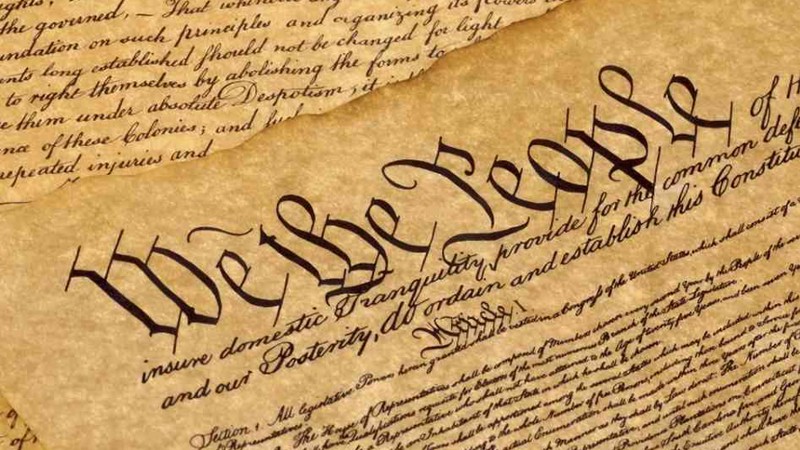The Senate Appropriations committee provided $2 million to the Council of the Inspectors General on Integrity and Efficiency (CIGIE) to enhance the website Oversight.gov, which provides a central repository for Inspector General reports from dozens of federal Inspectors General.
The website currently is funded through a pass-the-hat mechanism, where each Inspector General kicks in some money to help pay for CIGIE. This appropriation, which is made to the GSA Inspector General but is directed towards CIGIE, is the first time there is a direct appropriation for CIGIE’s work. (Disclosure: we submitted testimony in support of a direct appropriation for Oversight.gov, as did a coalition of organizations coordinated by the Project on Government Oversight.)
While an impressive first step, the Oversight.gov website can be significantly improved, and this will provide the funds to do that. Continue reading “Appropriators to Strengthen Access to Inspectors General Reports” →

 The recently-signed omnibus spending law contains transparency provisions intended to make our federal government just a little more open and accountable. They include: creating a hub for the reports that explain each agency’s federal spending request; a first step towards opening up federal court orders for everyone to read without charge; creating a central repository for reports by the federal Inspectors General; and making reports by the Congressional Research Service available to everyone.
The recently-signed omnibus spending law contains transparency provisions intended to make our federal government just a little more open and accountable. They include: creating a hub for the reports that explain each agency’s federal spending request; a first step towards opening up federal court orders for everyone to read without charge; creating a central repository for reports by the federal Inspectors General; and making reports by the Congressional Research Service available to everyone.